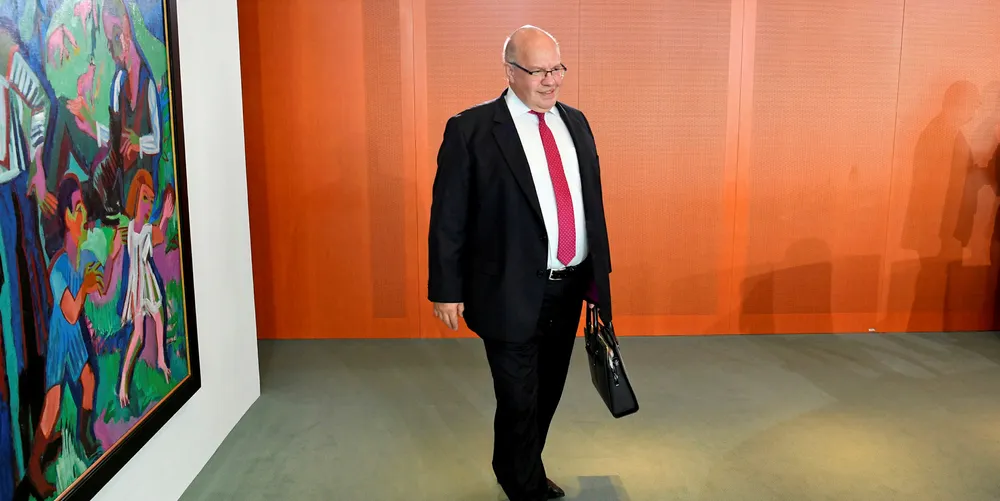Altmaier to draw up 'to-do list' to ease German wind crisis
German energy minister wants to reach a national wind expansion consensus but crisis summit produces no concrete measures

German energy minister wants to reach a national wind expansion consensus but crisis summit produces no concrete measures
